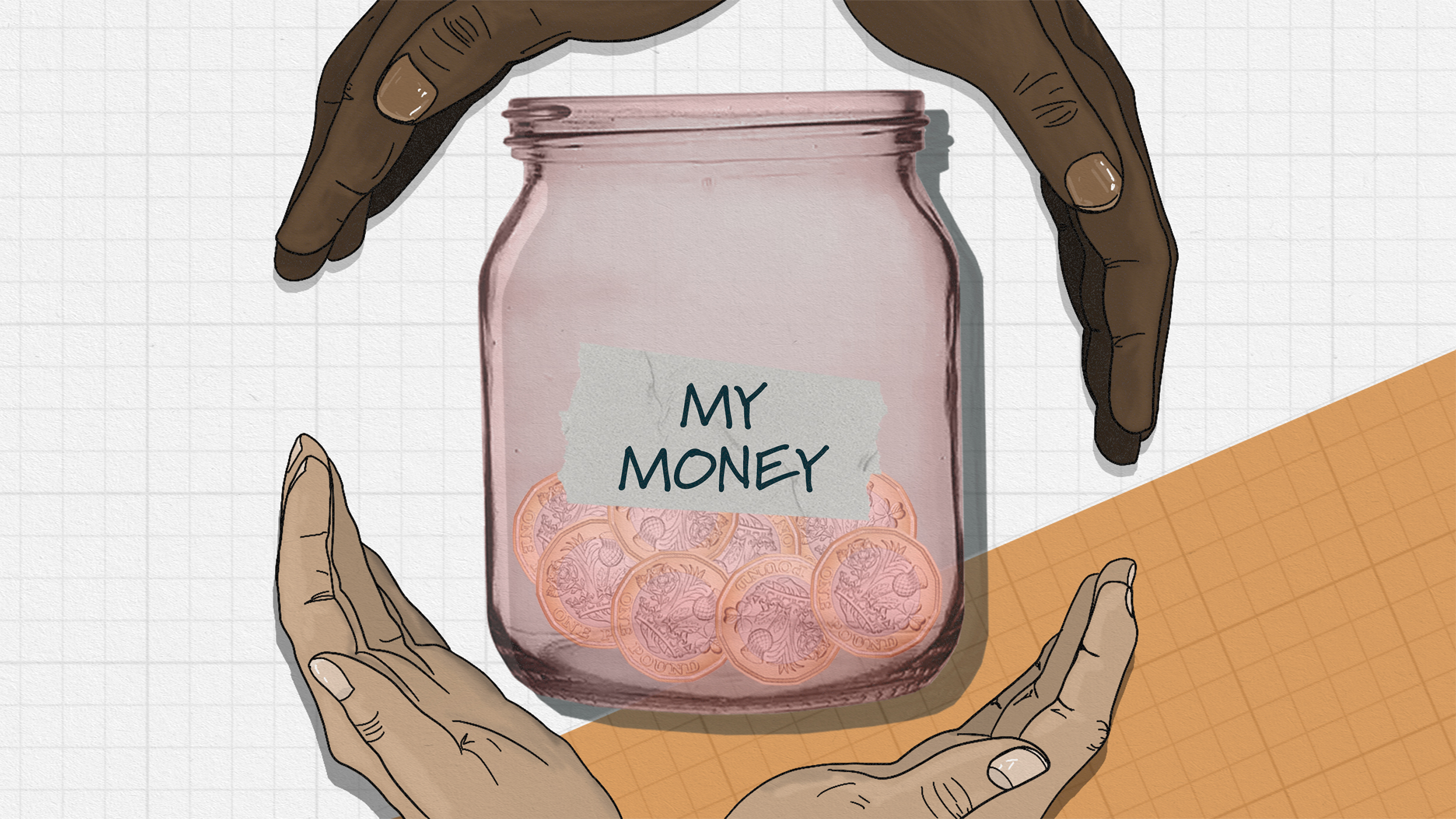Who protects my money?
A 5 minute read

Your money, wherever it is, is looked after by someone. Usually a bank, a building society, or a financial provider - it might even be looked after by your mattress.
There are lots of different companies who could be looking after your money – what with banks, building societies, pension providers, fund managers and whatnot. But they just look after it. It’s someone else’s job to protect it.
That someone else was established by the government in 2001 and it’s an independent body called the Financial Services Compensation Scheme – handily abbreviated to FSCS. They are used to protect and reimburse consumers (you and I) and even businesses in case their authorised financial provider goes bust. Not every provider, however, is covered by the FSCS, so it’s important to check using the FSCS website in case you’re concerned.
Many UK-authorised financial products are covered by the FSCS (Bank/building society accounts, credit union accounts, insurance, investments, mortgages, pensions). For bank/ building society and credit union accounts, up to £85,000 of your money is protected in an individual account and up to £170,000 in joint accounts. That means, if you have money worth up to these amounts and the worse happens, the FSCS will compensate you.
For insurance products, investments, mortgages, etc there may be different compensation limits, so it’s worth taking a look on their website to see what you’re covered for.
If the money you hold in a bank/building society account or credit union account is worth over £85,000, you can still make sure that 100% of the money is covered by the FSCS. By splitting your money across different providers (for instance, if you shared £100,000 between an HSBC account and a Santander with £50,000 in each), you can ensure that every account remains under the £85,000 limit.
However, because some banks and savings providers have more than one brand – meaning that seemingly unconnected financial providers are linked (such as HSBC and First Direct), if you split your £100,000 across these two providers, you wouldn’t be fully covered. The important thing to look out for is the institution FRN or authorisation number, if they share the same number, this means they are classed as a single firm for the purposes of compensation. You can check this information on the FSCS register before committing your money, so that you’re positive that every penny is protected.
If you’re after a greater level of protection for your money, The National Savings and Investment Trust (NS&I) might be the place for you. The NS&I is a government owned bank that offers different types of savings accounts, and every penny you invest is protected if something goes wrong. It’s backed by HM Treasury, so it differs from high street banks and building societies.
What about pensions?
The FSCS also looks after pensions. If your pension provider (the company who look after your retirement savings and communicate with you every so often), gets into trouble you might be able to claim compensation from the FSCS. There’s a tool on their website whereby you can check how much protection The FSCS may offer.
As well as the FSCS, there are other ways your money in your pension is protected.
If you have a Defined Contribution (DC) pension, for instance (and most of us do), your pension provider will be authorised by the Financial Conduct Authority (FCA). The FCA is an independent regulatory body that provides a strict regulatory framework or rules and guidance that authorised firms must follow. So, you know that you’re putting your money somewhere that’s under regulatory scrutiny and you should be able to trust.
If you’re in a Defined Benefit scheme – also called a final salary or career average pension – you would be protected by the Pension Protection Fund (PPF). If your employer or previous employer goes bust, the PPF can provide 100% of the value of the pension you’re owed – if you’re retired. If you’ve not reached retirement age, then you can be paid 90%.
And the under your mattress option?
If you don’t trust putting your money in a financial institution and think that stashing your cash under your mattress is a safer option, remember, most home insurance policies will usually only cover up to £750 if it happens to walk off. With this is mind, it’s probably better to find a suitable savings account for your money.

